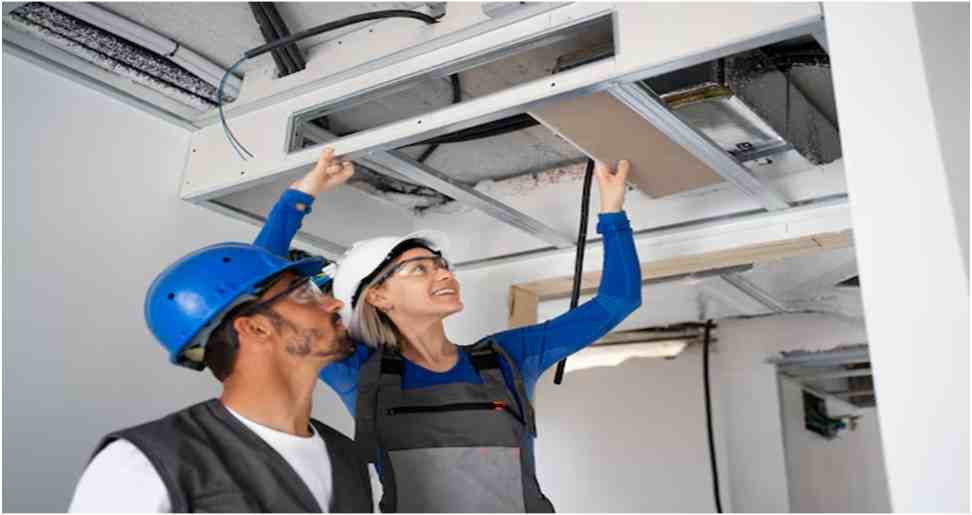While most people associate air conditioning (AC) with temperature control, it also plays a vital role in maintaining good indoor air quality (IAQ). Here’s how your AC system can be a powerful ally in creating a healthier and more comfortable breathing environment within your home.
The Multifaceted Role of AC Systems in IAQ
Modern AC systems do more than just keep you cool. They actively contribute to IAQ through several key functions:
- Air Filtration: Most AC units come equipped with air filters that capture airborne contaminants like dust, pollen, pet dander, and even mold spores. Regularly changing these filters is crucial to maintain optimal filtration efficiency.
- Dehumidification: Air conditioners remove excess moisture from the air during the cooling process. This helps prevent mold and mildew growth, that also can trigger allergies and respiratory problems.
- Improved Ventilation: While not all AC systems directly introduce fresh outdoor air, they can indirectly promote ventilation by exhausting hot, stale air indoors. This helps reduce the concentration of pollutants within your living space.
Maximizing Your AC System’s Contribution to IAQ
Here’s how to ensure your AC system operates at peak performance for optimal IAQ:
- Regular Maintenance: Schedule regular maintenance for your AC system by qualified air conditioning services professionals. This includes filter changes, cleaning of coils and ductwork, and system inspections to identify potential issues that could impact air quality.
- Upgrade Air Filters: Consider investing in higher-efficiency air filters, such as HEPA filters, to capture even more airborne contaminants and improve indoor air quality.
- Smart Thermostat Features: Some smart thermostats offer air quality monitoring capabilities. These features can alert you to potential issues and allow you to adjust settings to optimize IAQ.
Additional Strategies for a Healthy Home Environment
While your AC system is a powerful tool, consider these additional strategies for a truly healthy indoor environment:
- Reduce Indoor Pollutants: Minimize the use of harsh cleaning chemicals and air fresheners that can irritate respiratory systems.
- Control Humidity Levels: Invest in a hygrometer to monitor humidity levels in your home. Aim for a range between 30% and 50% to prevent mold growth and ensure comfort.
- Increase Ventilation: Open windows and doors regularly, especially during pleasant weather, to allow fresh air circulation and eliminate stale air buildup.
- Consider Air Purifiers: For additional air quality improvement, explore air purifiers with HEPA filtration for targeted removal of allergens and pollutants.
The Benefits of Clean Indoor Air
Prioritizing IAQ through a well-maintained AC system and additional strategies offers numerous benefits:
- Improved Health: Reduced exposure to airborne contaminants can lead to fewer allergies, respiratory problems, and headaches.
- Enhanced Comfort: A clean and healthy indoor environment promotes better sleep and overall well-being.
- Increased Productivity: Good IAQ can contribute to improved focus and concentration at home.
- Potential Energy Savings: A well-maintained AC system operating efficiently can also lead to lower energy bills.
If you’re considering a complete system upgrade to optimize both heating and cooling for your home, explore home heating system installation options offered by qualified professionals.
Conclusion
By understanding how your AC system contributes to IAQ and implementing these best practices for maintenance and optimization, you can create a healthy and comfortable breathing environment for your entire household. Remember, a focus on clean indoor air is an investment in your health and well-being. So, prioritize your AC system’s role in IAQ and breathe easy all year long!
Read Also:
- Things To Do In Des Moines
- Fun Things To Do In Birmingham
- The Top 5 Hotels In Fort Lauderdale To Consider

